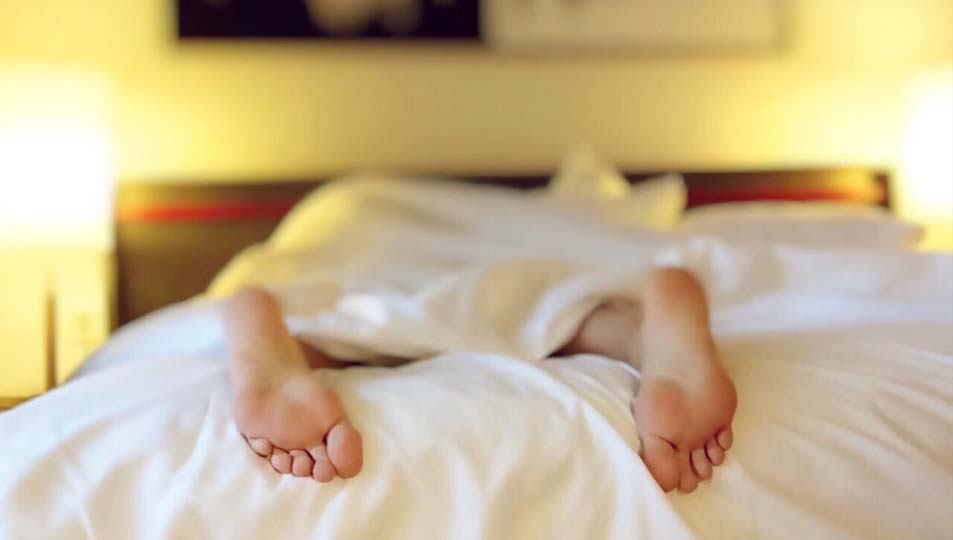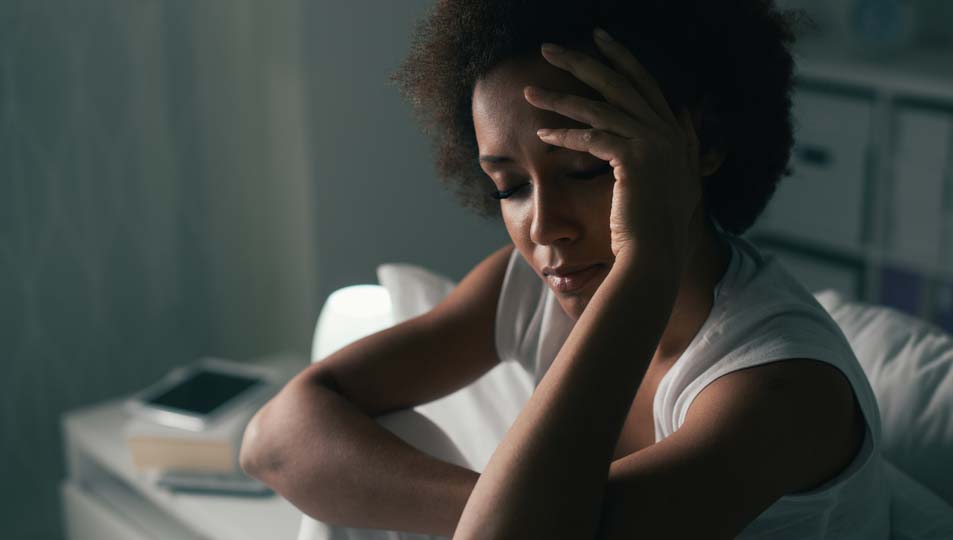We all know how bad we feel when we don’t get enough sleep. We can be grumpy, short tempered and easily irritated. However, the effect of sleep loss can be a lot more serious than just putting us in a bad mood, especially if the sleep loss continues over a long period of time.
Here are 9 surprising and serious things to hate about sleep loss:
1. Sleep Deprivation Can Lead To Serious Health Problems
The risk of developing severe chronic diseases increases in people who suffer from sleep disorders or continued sleep loss. It is estimated that 90% of people who suffer from insomnia also suffer from another chronic life threatening health condition. Some of the chronic diseases that associated with lack of sleep include:
- Heart Failure
- Heart Disease
- Heart Attack
- High Blood Pressure
- Stroke
- Diabetes
- Irregular Heartbeat
2. Fatigue Causes Accidents
Sleep Deprivation is a major cause of many accidents on our roads. Studies claim that driving after a lack of sleep is just as dangerous as driving while drunk as it has the same effect on reaction times. This effect on reaction time coupled with lack of concentration and overall fatigue can also lead to a higher risk of injury and accidents at work and in the home.
3. Reduced Immune System
In addition to increasing the risk of severe chronic diseases, lack of sleep also lowers your immune system, making it harder for your body to fight off the common cold and other infections that may attack your body. In addition to not being able to fight off these illnesses your body will take a lot longer to get better after becoming sick as it is during sleep that the body is able to repair and heal.
4. Makes Your Skin Look Aged
Just one night of missed sleep can leave us waking up with puffy eyes and pale skin, but long term sleep loss can lead to permanent skin damage with the appearance of fine lines, dark circles under the eyes and lackluster skin. The elasticity of the skin can also become damaged over time due to lack of sleep. When the body is deprived of sleep it releases more of the stress hormone, Cortisol, which breaks down the protein in the skin that keeps it elastic and smooth.
5. Sleep Loss Can Contribute To Depression
Prolonged lack of sleep and sleep disorders can contribute to depression. Insomnia is one of the first signs of depression with one often being linked to the other. A 2005 Sleep Pole revealed that people who were diagnosed with depression or anxiety were more likely to get less than six hours sleep a night, while people with Insomnia were five times more likely to develop depression. Therefore getting treatment for sleep problems can help with depression and its symptoms, and vice versa.
6. Lowers Your Sex Drive
According to sleep specialists, sleepiness, depleted energy levels, and increased tension are largely to blame for lower libidos and less interest in sex for both men and women. A study published in the Journal of Clinical Endocrinology and Metabolism in 2002 found that many men with sleep apnea, a respiratory problem that interrupts sleep, also have low testosterone levels. Nearly half of all the men studied who suffered from sleep apnea also secreted abnormally low levels of testosterone during the night.
7. Inhibits Critical Thinking, Learning & Decision Making
Getting a good night’s sleep is crucial to maintaining the cognitive processes associated with learning and thinking. A lack of sleep impairs attention span, alertness, and concentration making it difficult to take in information. It also limits a person’s problem solving and reasoning abilities, meaning that people who are fatigued cannot learn efficiently. A disrupted sleep means our sleep cycles that play a role in consolidating memories in our mind are also disrupted. This makes it difficult to remember what you learned and experienced during the day.
8. Losing Sleep Can Make You Gain Weight
Getting an adequate amount of sleep on a regular basis helps your body regulate and maintain a healthy appetite. Recent research highlights the link between sleep and the peptides that regulate appetite. A shortened sleep time increases the production of the hormone Ghrelin which stimulates hunger and decreases the production of Leptin which suppresses appetite. Studies have shown that people who get less than six hours of sleep a night are 30% more likely to become obese than those who slept seven to nine hours a night
So whether you are suffering from lack of sleep due to lifestyle choices or because of a sleep disorder, the effect it is having on your body both physically and mentally can be life threatening. Hopefully, the information above will inspire you to make some lifestyle changes or to seek professional help for the more serious sleep disorders.




